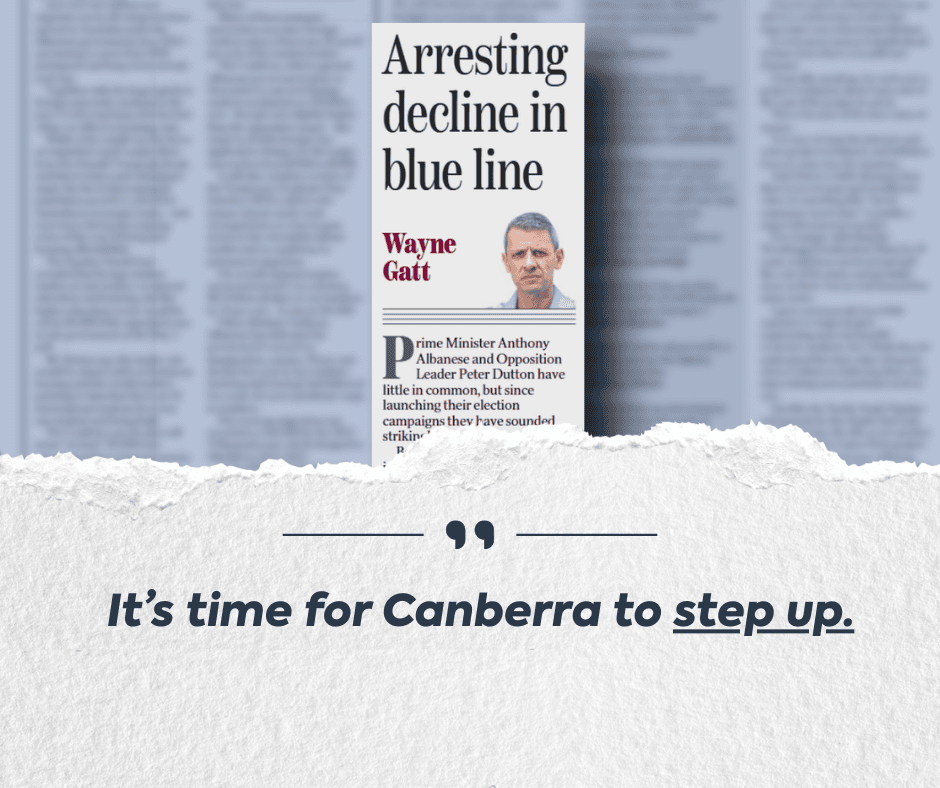By Wayne Gatt
Prime Minister Anthony Albanese and Opposition Leader Peter Dutton have little in common, but when they launched their election campaigns last week, they sounded strikingly similar.
Both tried to define the key issues of the upcoming election, yet both avoided the one issue communities urgently want addressed: their safety.
Here in Victoria, we have a crisis.
Over the past two years, the illegal tobacco trade has fueled a wave of crime, with countless firebombings, one innocent life lost, and many more at risk. Police are working tirelessly to shut down these operations, but they’re fighting an uphill battle against well-funded criminal networks.
While government efforts to reduce smoking are well-intentioned, skyrocketing tobacco excise has led to severe unintended consequences. Australians are still smoking, but now they’re buying from underground networks that evade taxes and regulations. Meanwhile, federal budget papers reveal that tobacco excise revenue has plummeted to a 14-year low.
The only winners? The gangs flooding our streets with illegal products and using their profits to fund more crime.
A Roy Morgan poll from earlier this year revealed crime as a top concern for one in four Victorians.
It’s time for Albanese and Dutton to tell Victorians what they’ll do to make our communities safer.
Victorians want more police.
Attracting and retaining experienced police, especially those tackling organised crime, requires competitive conditions that recognise the toll of their dangerous work.
It’s time for Canberra to step up.
While federal politicians love to say policing is a State Government issue, they have the power to help fill the 7,000 vacant police positions across Australia.
One is by offering police officers the same benefits already provided to other frontline workers, such as tax concessions and improved healthcare access through a Blue Card, similar to the Gold Card for defence veterans.
The other is to enable police to retire self-funded at age 55, healthy and well before they become victim to the cumulative impact of their dangerous job, as hundreds are every year. We know this kind of support works—because it already exists for other frontline workers. So, why not police?
The federal government has a chance to reinforce its commitment to community safety by extending meaningful support to the police dealing with these threats daily.
Extending the same recognition and benefits to police officers as other frontline workers is a step the federal government can take now to strengthen law enforcement and build safer communities.




